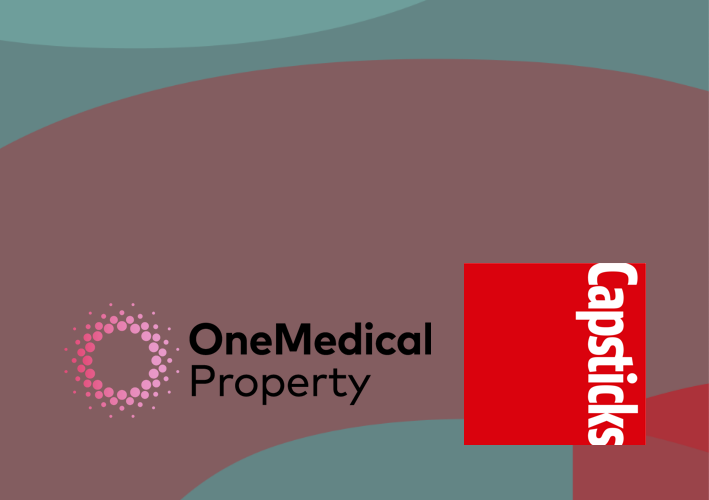Interview with Rachel Beverley-Stevenson, Executive Chair and Property Director OneMedical Property
OneMedical Property are a successful emerging force in Primary Care growing their existing portfolio through new developments and investment acquisitions. Rachel Beverley-Stevenson talked to Avison Young about how their unique NHS Provider role has allowed them to reach into this competitive market working with Trusts and other providers to create new opportunities.
17 years of working with NHS – how do you differ from the main players in the field?
We are truly unique as we are the only combination of property developer investor and NHS provider in the U.K. This gives us a level of insight into the needs of our clients, their patients and communities, and all the stakeholders and commissioners they work with as we have first-hand experience of NHS primary and urgent care provision underpinned by our ethos of Improving Lives. We are much more than a property developer and investor as all our developments and investments are underpinned by an in-depth understanding of the needs of those who use, access and work from the building.
This insight, coupled with the knowledge, exposure and expertise from our healthcare technology, business intelligence and wellbeing divisions, allows us to bring an analytical approach to premises. We understand the importance of estates as part of the healthcare delivery “team” and how pro-active landlords can work with tenants to ensure the premises they work from enabling patients to receive the right care, at the right time, first time, in surroundings that enhance wellbeing as well as help them receive the care they need. All our buildings, whether purpose-built or bought in, also ensure staff also have access to spaces that are safe, efficient and enhance wellbeing. For example, building in fitness spaces, “wobble rooms”, and purpose-designed staff break out spaces.
How do you see the traditional Partnership model of working change going forward?
There is a clear shift toward more joined up working with “primary care at scale” becoming more common. This term is often used to mean a single provider with large numbers of practices but we believe it also means GP practices working together and alongside other care providers to deliver services to their combined patient groups across a bigger geographic area – what is often called a “place”. Approaching care delivery from a “place” is, in our view, vital. As people, our patients, naturally move and interact, including their use of healthcare, beyond their own communities, making collaboration, data driven understanding of local health and the wider determinants of health, essential when delivering care and specifically here when looking at healthcare estate and the built environment as a whole. The common thread is the focus on the individuals and communities within the “place”, the care being delivered and a push to sharing resources, experiences, capacity and capability.
You have recently purchased Moorcroft Surgery Stoke on Trent from us which is let to N Staffs Combined NHS trust. How do you see the future of the shifting of GMS services from the GP Partnership to Trusts? I understand that this was a strategic purchase for you. How do you envisage assisting the Trust and other Trusts going forward?
Primary care provision is evolving with providers working closely together to ensure longevity of care delivery and to address some of the challenges around succession planning and increasing workload. In the case of Moorcroft Surgery, the GP practice has become part of North Staffs Combined NHS Trust who are now running the practice on a day-to-day basis but with some former partners remaining in the practice as part of the new team. This is one example of how providers, of all shapes and contractual forms, can come together to join up care to benefit patients and their combined workforces through sharing learning, cross-speciality training programmes, career progression etc.
Thank you to Avison Young for this great and insightful interview.


